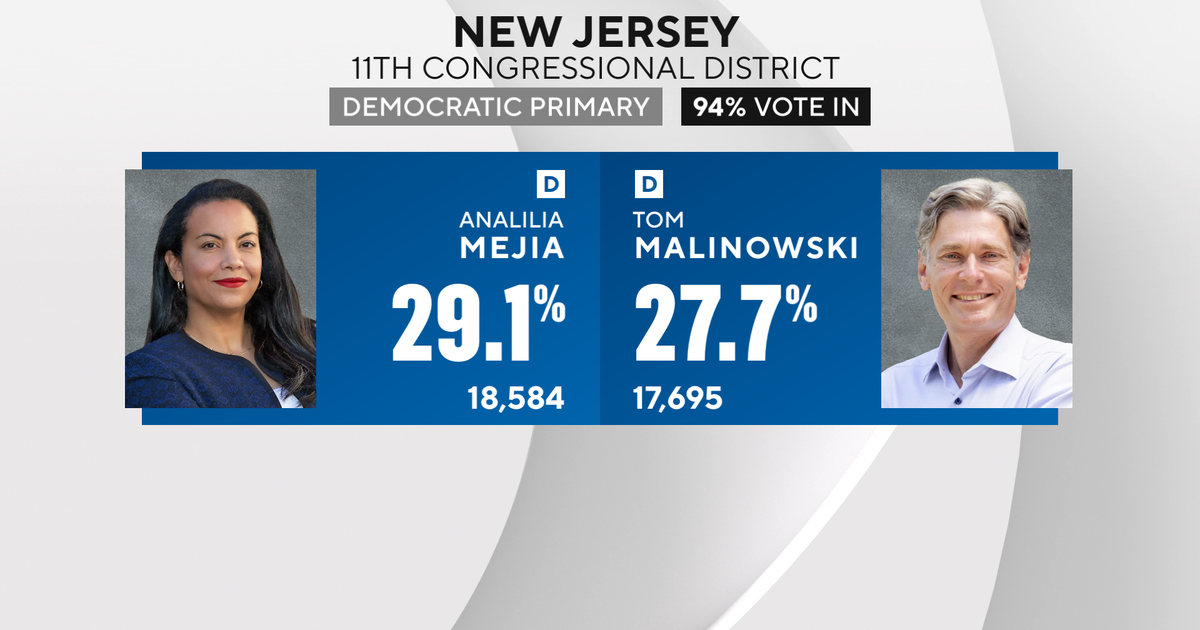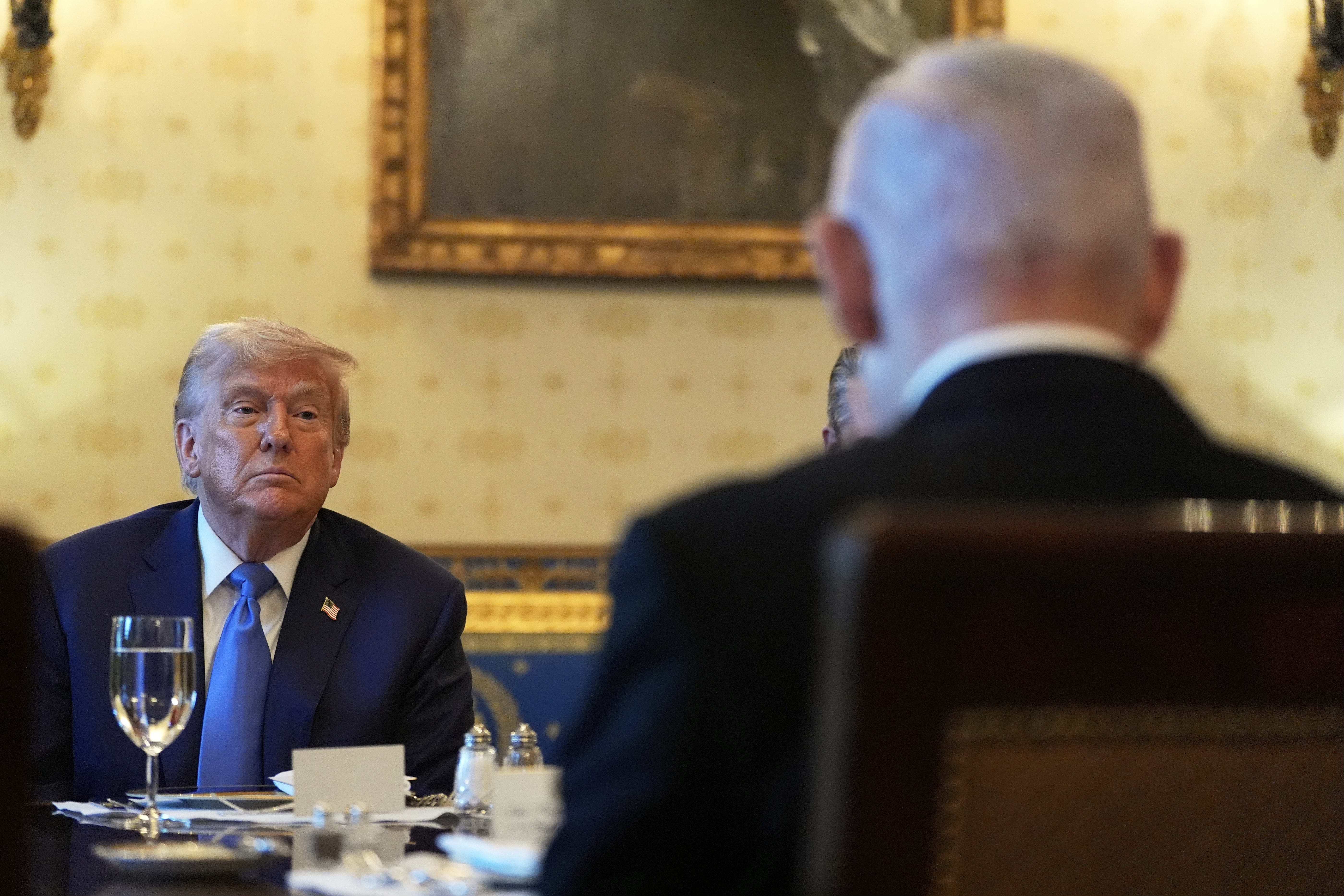Transcript: Gen. Raymond Thomas on "Face the Nation," October 20, 2019
The following is a transcript of an interview with Gen. Raymond Thomas that aired Sunday, October 20, 2019, on "Face the Nation."
MARGARET BRENNAN: We're back with General Tony Thomas who retired earlier this year as the commanding general of U.S. Special Operations Command. He spent 39 years in the U.S. Army. Sir thank you very much for joining us. Something you know intimately, of course, is what the U.S. architecture in Syria was and the work that we did with the Kurdish-led SDF forces. You helped set all of that up. The leader of those forces, General Mazloum, says this is a terrible deal for him. President Trump says it's a great one for humanity. Which is it?
GENERAL RAYMOND A. THOMAS: Well, MARGARET, I think it's- it's best we start by- the discussion by talking about how we got here. Four years ago, when we had no real solutions, no real plan to take on the caliphate that ISIS had declared in northeastern Syria, we were introduced to a group called the YPG. They are a group of Kurdish Syrians who were barely surviving in the area of Kobani up on the border with Turkey. And all they asked for at that time was our close air support. We've had some faltering efforts to try and develop some other partners that had come to nothing. And so we helped- we helped the YPG at that point in time. That's where I made my personal acquaintance with- with General Mazloum and then remarkably, and- and I- I attribute it to some incredible efforts by our special operations forces, we were able to- to form a partner force that was several thousand when we started, ended up being in the- in the realm of about 70 thousand mixed--
MARGARET BRENNAN: Right.
GEN. THOMAS: --Arabs, Kurds and Christians who took the fight to ISIS. And so they have been our great partner up till now. We knew that this would come to some eventual conclusion, but I think they and we were surprised by how abruptly it came to a halt.
MARGARET BRENNAN: Do you feel that the Kurds led by General Mazloum are essentially being asked to surrender?
GEN. THOMAS: I think they are being asked to survive. And truthfully, the conversation that we've had with them- and I was partner with Brett McGurk at the time- was the intent that they would be part of the future of Syria, whatever that entailed and truthfully we didn't have a- a solid plan for how- how it would end. But they believe that they would be part of the fabric of the future of Syria. And- and- and obviously, right now, they are forced to make deals with the Syrian regime and the Russians.
MARGARET BRENNAN: Well that- that's an important point you raise there because the State Department has said that no- no promise was ever made to the Kurds to help protect them. But you're saying there was some understanding?
GEN THOMAS: There was absolutely a discussion. Brett McGurk and I were there in Kobani where we said that they would be part of the future discussion of Syria in- in return for doing our bidding. That was absolutely the- the- the approach from the previous administration, obviously carried over into the current administration, but they were not fighting for free. They were fighting to be part of that- that future demographic.
MARGARET BRENNAN: Mitt Romney called this a bloodstain on the annals of American history. Is that how you would put it?
GEN. THOMAS: I- I don't know that I would be that hyperbolic. I- it- it is certainly going to be a challenge for our future friends and allies in terms of our staying power. This has devolved to a Turk-Kurd issue when reality is, it was all about ISIS. So, we have not finished our business with ISIS. You heard the previous comment- commentators say there are 30 thousand ISIS left. The- the debate is tens of thousands. But nonetheless it reminds me very much of 2011 where we did not finish what we started and we were back two years later when ISIS came out of the- out of the ruin of what was al-Qaeda in Iraq at the time.
MARGARET BRENNAN: So you do believe that ISIS will resurge?
GEN. THOMAS: I think they'll have a- a- a great opportunity to do that because you've got all the precursors that existed before the Assad regime. Representative government, or not, in Iraq. So there'll be a void, and- and I think they will rally. These are resilient adversaries. We've done nothing to knock down the ideology, and I think they'll see this is certainly a respite if not an opportunity to have a resurgence. So I- I'm concerned about that.
MARGARET BRENNAN: You know, General, this term "endless wars" is something that is really popular on the campaign trail, both for President Trump and for Democrats like Elizabeth Warren, who use it frequently. Do you see this as a broader trend in this country towards isolationism?
GEN. THOMAS: Hard to tell and- and, truthfully, none of us support endless wars. Most- most specifically, those of us in the military who- or served in the military. But reality is, we've had difficulty ending what we've started. On- you know, you could go back to Vietnam, the Korean War, et cetera. And in this case, we jumped into Syria which is a morass. Where I was not too long ago, we were within mortar range of Syrian regime forces, Russian forces, Russian paramilitary forces that we've already fought, Iranian forces of all sorts of varieties, Shia militia, Turks and their surrogates, just- and the Israelis over the top. Very very complex- I can't imagine a more complex situation. So, obviously how we- how we finish there is a challenge, but also how we stay engaged in other places so that we don't have to conduct larger scale operations.
MARGARET BRENNAN: Alright, General, thank you very much for your insights. We'll be back in a moment.



